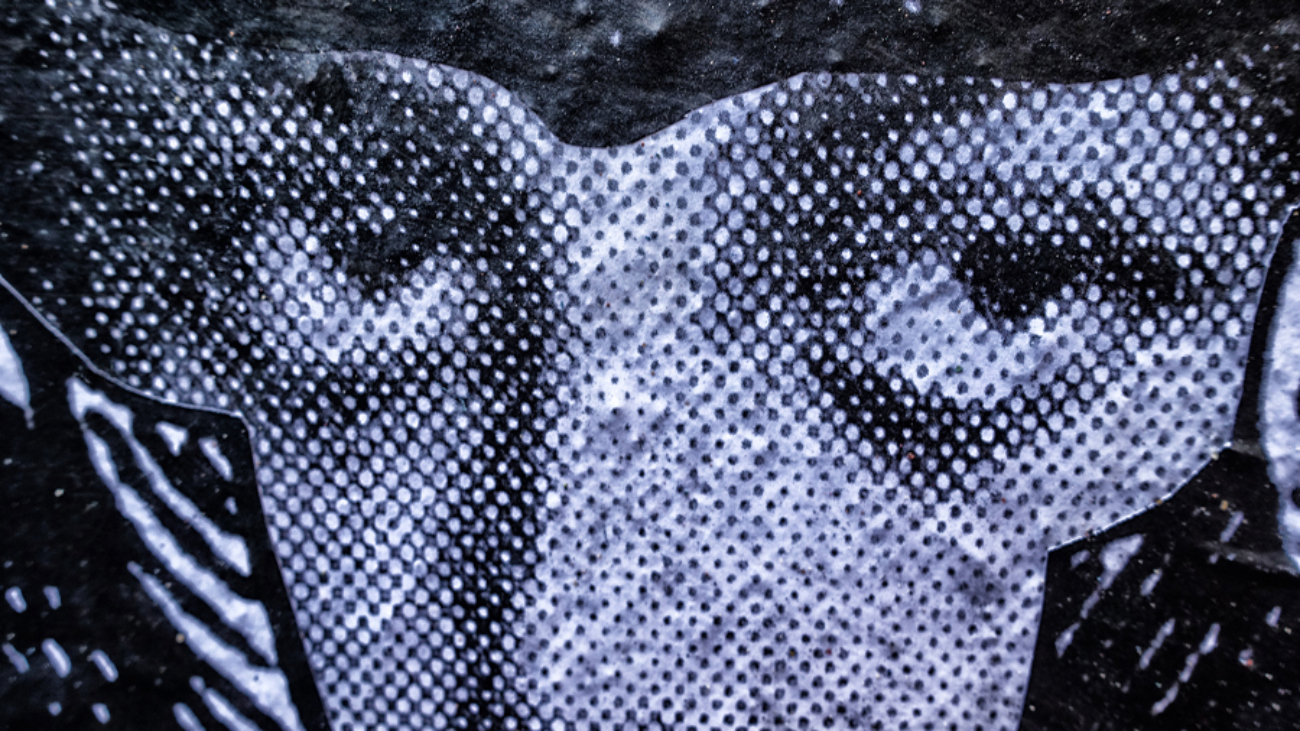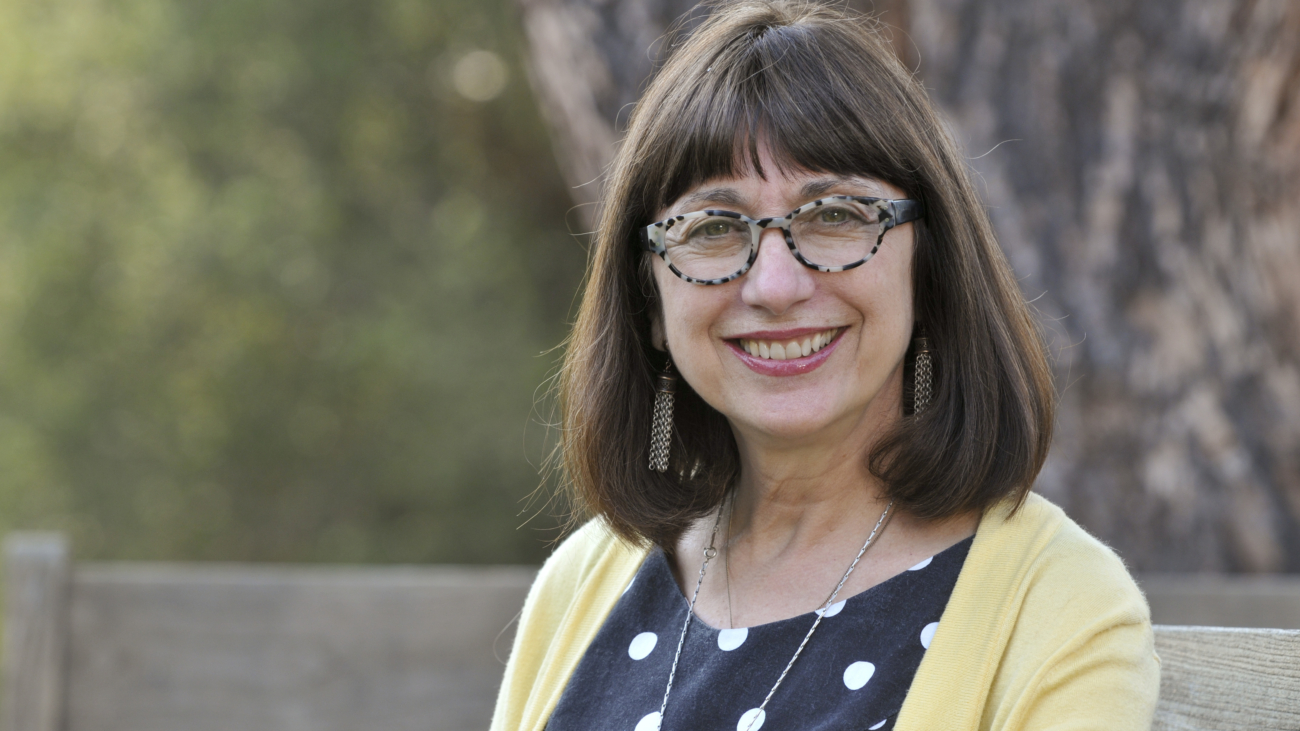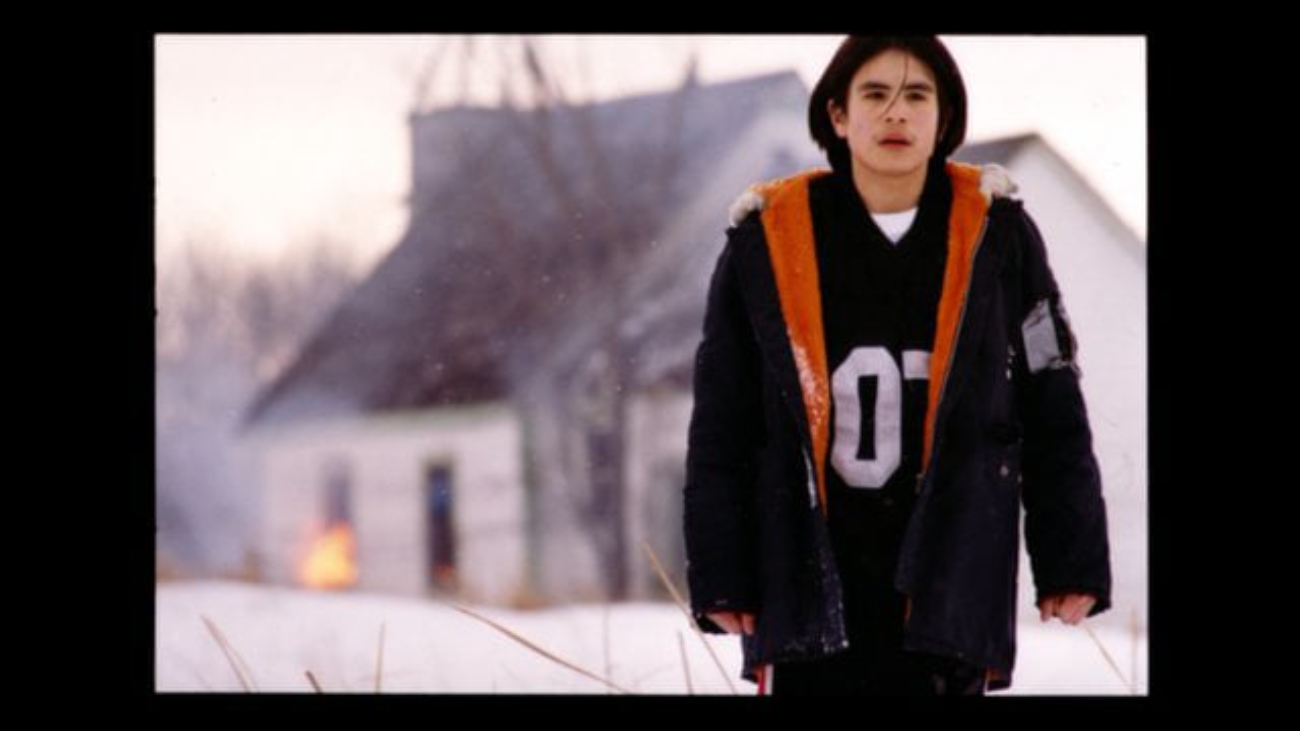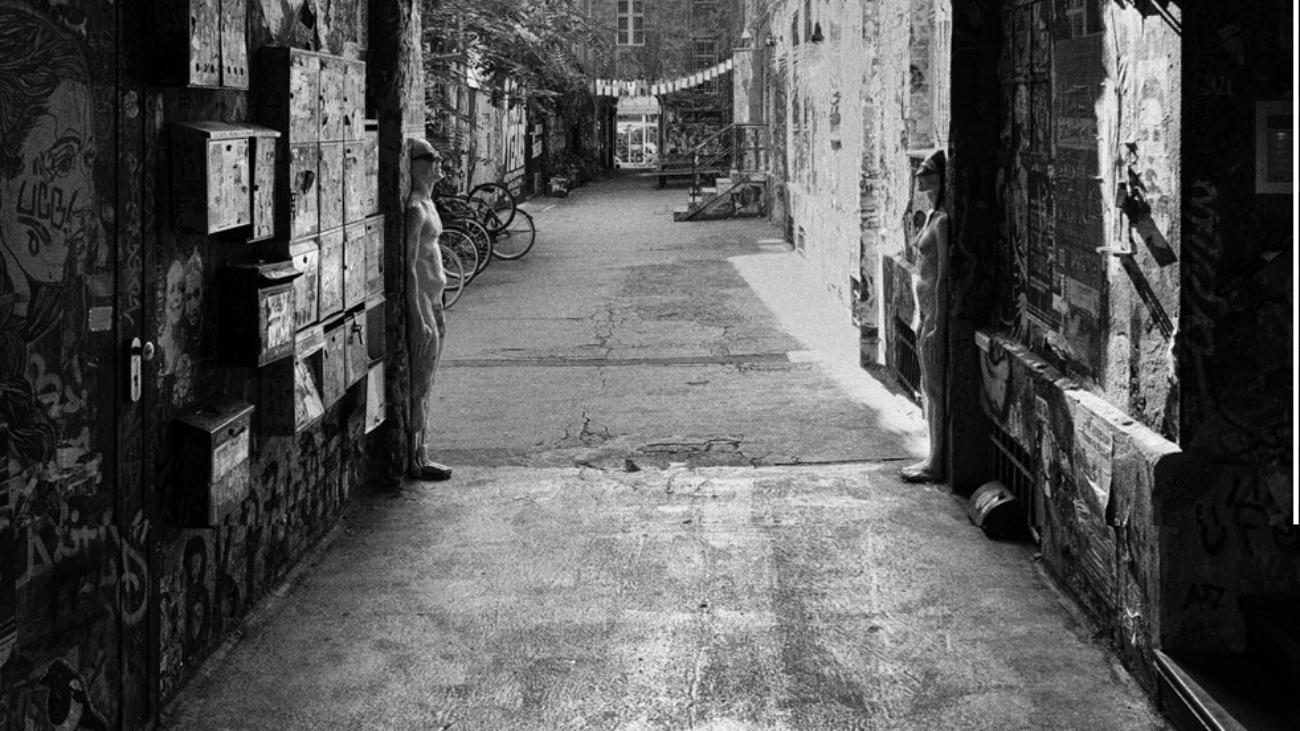Interview by Andrea Hiott, Boston, 2008.
Jonah Lehrer thought he was going to be a neuroscientist. He thought he’d wear a white lab coat and study the brain. Then he discovered that he wasn’t very good in the lab. His Nobel Prize-winning friend and mentor Eric Kandel jokes that Jonah “excelled at experimental failure”. But it wasn’t intelligence Jonah was lacking – he was a Rhodes Scholar after all – it was that he found it hard to satisfactorily answer questions like “How does memory work?” by experiments involving the neurons of a sea slug alone: One could learn a lot about the brain from studying sea slugs, but one could also learn a lot about it by reading the work of Walt Whitman and Marcel Proust. Lehrer was interested in the way memory worked, and he was open to learning more about it from whatever source available, be that science or art.
Today, in scientific articles for SEED Magazine and in books like ‚Proust was a Neuroscientist‘, Jonah Lehrer writes about the ways two seemingly distinct pursuits – science and art, for instance – actually touch and overlap. It isn’t a matter of one being better than the other; it’s a matter of how to learn something from looking at both. When it comes to subjects such as memory and language, the literature of George Eliot or Gertrude Stein opens up perspectives not traditionally thought about in a scientific lab. Likewise, when looking into the inspiration of writers and painters like Virginia Woolf and Cezanne, one finds science catalyzing their work. There has always been a dialogue between disciplines, and Lehrer brings this out in his books, opening up a new space for thought and debate about learning itself. Not everyone agrees there is anything to be gained from such an interdisciplinary exploration, and yet Lehrer’s work has hit a chord. His books and articles are popular with a new generation, a group of people comfortable with questioning and noticing the connections between diverse things.
Have you encountered any resistance to your work?
Jonah Lehrer: Yes. There’s been a little bit of push back, criticism, some of it deserved, but I think for the most part I’ve been really gratified. Many scientists are intrigued by the idea that Walt Whitman and Virginia Woolf were interested in how the mind works. People are surprised by just how serious these artists took their investigations into the mind, about the fact that they didn’t think of themselves as just making pretty stuff or writing lovely sentences, but that they saw themselves as doing something true and tangible. George Eliot described it as “a set of experiences in real life”.
Do you think artists and scientists are ultimately looking for the same thing?
I do. I think truth is a vague word but nevertheless I think they are all looking for the truth. A work of fiction is very different from a controlled experiment, but I think in the end they both want to capture the texture of mind, how the mind works. If you asked Gertrude Stein what she was trying to capture in her art, she’d say ‚the mind‘ — she was trying to capture the essence of language in the same way Noam Chomsky does. Virginia Woolf is very explicit about this, she says “I wanted to capture the atoms of thought”. The flow of consciousness. She wanted to write so that people would read and understand right away this feeling of the mind at work, the processing that goes on.
Is it this same inclination in our society that has created “popular science”?
I think science is popular because it has this accepted authority. It smacks of truth. It comes with these acronyms that are intimidating and, because they are intimidating, seem even truer. Because science feels inaccessible, it also feels even truer in some paradoxical way.
And how does that relate to art?
I think it’s very different with art. I think the reason we read Virginia Woolf in large part is because her novels feel true to us. She shows us our own thought processes. The first time I read Woolf, I had this shock of “Yes, this is how I think.” I’d never seen my own thought process described so perfectly on the page before. The same with Joyce: I remember the first time I read ‚Ulysses‘, the feeling of it was almost painfully accurate. What makes the brain interesting to me is the fact that there isn’t just one way to talk about it, or just one way to describe it. We can look at it on multiple levels. You don’t necessarily have to dissect it and break it apart. You can also lie in bed like Proust and study your memory that way.
Reading instigates a kind of awareness. And because each reader is different, the text is open to an infinite amount of interpretations. In science, however, it seems the opposite is true. In science, isn’t there the feeling that interpretation can be a dangerous thing?
Well, the results of science are so easy to take out of context. I’m sure there are many scientists who have horror stories of how a reporter took something they said and used it to write a terrible headline. That said, however, I do think it’s important for scientists to be public intellectuals and to see part of their job as not just producing facts but also explaining why those facts are so important. It’s not just a matter of translating the conclusions; I think scientists should also be trying to translate the process. Too often the media treats science like a list of facts that just magically appear every day. I don’t think science writers or scientists themselves always do a good job at explaining how we got those facts, why those facts might be a little bit ambiguous, or why those facts might not be as transparent as they seem. Facts are not simply found or plucked from thin air. Facts are made and manufactured, and I think a part of any real science writing is conveying that process.
To speak to this idea of scientific fact, it’s often assumed that facts are like tools the scientist uses to tell us things. It’s more like the scientist is creating the tools even as he or she uses them. I like that you say it’s important to “convey the process” – if we could think of science more as a process than a fact-producing machine, do you think we might be more productive?
Yes. And we can even apply that same idea to the language of science itself. When you read a science paper, everything is passive, in the passive voice, passive tense. It’s as if the person wasn’t actually doing anything, as if these tools were magically working on their own, as if the bacteria were magically engineering themselves. But I think when you realize that there is actually a lot of human work there, years of labor trying to get these answers that go into scientific papers, you realize that science then isn’t quite so different from the process of artistic creation. They both involve people searching. A lot of it is experimentation. There’s a rigorous, active process. To change the way we think about these two cultures would be to change the way scientists write these papers. Why is there never a first person in a scientific paper, for example? Why is there never an “I”?
I remember the first time we had to write up one of those peer review papers when I was studying neuroscience. It felt so inaccurate to use the standard scientific language. It felt like a really phony way to describe what I’d just done for the past two years. It wasn’t dishonest, what we wrote, but you had to fit this formula and the formula was, inherently, just a bit deceptive. It’s like an agreed upon deception. You don’t talk about all the experiments that didn’t work, things like that. It’s ultimately a little misleading.
This seems to spread to all kinds of areas of society though, this way we try and present something everyone knows is “doctored” into looking true. And yet we go along with it because everyone else is going along with it, these agreed upon conventions. At some point, you have to ask why we’re all doing this? What’s the point?
It’s so hard to have a genuine sincere dialogue across disciplines or across cultures – it’s very difficult and very rare to have a real one.
Even though everyone is craving it?
It just takes a lot more work to go to that place than it does to rely on a social cliché or a social convention.
In a way, your work is attempting to do this.
I don’t think it’s as bold as that.
You talk about needing a new view in science, and I think whatever that new view is, it’s partly tied up in this idea of being honest and direct. I also think a lot of people are ready to see these topics and their connections in a different way.
Well, at least within neuroscience there is the feeling that this paradigm they’ve been relying on for decades – this idea that we can understand the brain and consciousness and all these other complex problems by this very rigorous science alone, by studying sea slugs or talking about synaptic proteins or neurotransmitters – people are realizing that this method has inherent limitations. To realize this is no longer a radical or an esoteric view. It’s kind of an emerging conventional wisdom, you might even say. There’s more receptivity to looking at thorny questions like consciousness from other views. People can accept that Virginia Woolf had some success too, and that maybe we can learn something from that. Not that Woolf is going to do your experiment for you, or Proust is going to tell you how to get to something like Prozac, but they can teach you how to ask better questions and how to think of these things in more complex ways.
Do you think that being open to learning the “languages” of other disciplines strengthens your own?
Absolutely. After all, you study Latin in junior high so that your English grammar and your overall understanding of language will improve, not because you’re ever going to need to speak Latin. I think it’s the same way with different disciplines. I first started thinking of this in the lab when we were studying sea slugs. We were trying to figure out how sea slugs remember by doing all these artificial paradigms where you have to poke the sea slug over and over again until it “habituates”, which basically means you just poke it till it doesn’t resist you anymore, until it just hates you so much that it‘s in this state of existential despair from a sea slug perspective. Then we call that “memory” because at that point, apparently, the sea slug has stopped resisting you because it remembers your touch. Then you pull out its neurons and you see how they were different before and after the poking. So that’s interesting. You’ve learned something interesting about how these neurons respond. But then as I was doing this, I was also reading this other guy Proust. And I was shocked at his whole novel about the resurfacing of memories he thought he’d forgotten. These were memories that hadn’t been reinforced. No one was poking him with a needle. In the book, he hasn’t thought about these memories in thirty years and yet he dips the Madeline cookies into the tea and suddenly all these things come flooding back to him. This made me wonder: how do memories work when they haven’t been reinforced? Proust had another way of looking at this.
We place such an emphasis on where the facts come from and if they fit the proper form. To fit social conventions, it oftentimes can only be true if it comes in the form of an acronym. If it’s in the form of a novel, according to this way of thinking, then it might be interesting or pretty but it’s not true. I think the model of truth I’m trying to suggest is the pragmatist model of William James which says it’s true if it’s useful, if it somehow fits your experience and can be applied.
It reminds me of the Richard Rorty quote that you use about the fact that just because there’s no one truth, that doesn’t mean there aren’t multiple truths.
Right. The idea that we should get over this fixation with saying it can only be true if fits these five criteria, because science is full of facts that might later turn out to be complete bullshit. No form is perfect, which is I think what Rorty was trying to get at with a lot of his career.
All of these old systems have served us though, like training wheels, and now we’re trying to ride without them, create some new form. But it can be really disorienting to imagine truth in this way we’re talking about now, as a changing process. It’s much more comforting to think there’s an objective thing called Truth and science has discovered it, or is discovering it.
There is something very reassuring about this idea of the guys in white lab coats who are doing this job, who will come up with this pill to fix this, or the truth to fix that, or who will eventually solve the riddle of consciousness. There’s also something a little daunting about the fact that anyone lying in bed, like Proust in his books, or anyone writing a novel, can look into their mind and understand things about how it works. To think of it that way is a scary idea for a lot of people, the idea that you don’t need fancy tools, you don’t need a graduate degree, you just need to be sensitive and you can learn so many things.
But that’s part of the knowledge that comes from artists and writers and musicians. They are telling us we can discover these things for ourselves. They walk these roads so that then we can walk them. It’s a way of changing what is possible.
Exactly. Virginia Woolf can show you your own thoughts. When she first starting writing that way, people thought it was atrocious, terrible. The idea of a stream of consciousness was a radical idea: people thought our thoughts were ordered and linear and clear and connected. It was radical then, but now it’s a scientific cliché: Everyone talks about the disordered nature of consciousness, how thoughts are buzzing about. So that’s an example of art inventing this whole new way of thinking that then became a scientific cliché. Another thing art does is take our simple models and show us how complex they really are.
„Every work of art starts with an act of imagination“, you write in ‚Proust Was A Neuroscientist‘. But you also seem to be implying that science is an act of the imagination as well.
That’s true in the sense that I think great science is about learning to see the world in a new way. It’s being able to take a phenomenon that everyone has experienced and saying maybe it’s being caused by this – that’s the idea, the act of imagination, and then you go out and test it. But scientific imagination is a bit more constrained than the artistic imagination and so that’s why art can help us when it comes to those initial ideas.
You often touch on the idea of paradox in your book. What are your thoughts about paradox?
I always think of that great Niehls Bohr quote that goes something like: “The test of any profound truth is that the opposite is also true.”
Do you think that’s where progression comes from? By allowing two contradictory things to be true? By opening up that space and being able to hold two things like that at once?
I think it is, but we’re terrible at doing it. There’s a lot of cognitive dissonance involved when you try to accept that there are lots of different ways of looking at a problem. For me the ultimate paradox, and one of the great themes of scientific history, is that there is this linear march towards a unified equation, towards a complete knowledge of everything, and I think in reality, as we’ve searched, we’ve only found more and more questions. We thought we were closer to the final equation a hundred years ago. Now we don’t even know what Dark Matter is, even though we know it’s half the fucking universe. The mystery is even more mysterious. We don’t even pretend to have answers any more. The one reality that science can’t describe is the one reality that we will ever know. Which is this, drinking coffee in a café as we’re doing now: if you describe this in terms of neurons, you’ve somehow missed what it’s really like.
There’s a line in your book about how all great works of art exceed their materials. It’s as though we’re actually always throwing the universe out in front of us as we go. We’re always creating it and changing it even as we look at it and discover it.
Absolutely, but that’s not how most people think of it. I think there are lots of false assumptions behind that, one being this linear march towards one truth that we all have in mind. There’s also this fixation to come up with new facts and new ways of categorizing old experiences but just because it’s new doesn’t make it better. There might be new ways of looking at something but that doesn’t necessarily mean those new ways are getting us any closer to an ultimate truth.
For example there was an assumption that the Human Genome Project was going to make it possible to do all these things like solve schizophrenia and diabetes. But now, after these billions spent on it, the reality is that it’s rather astonishingly useless. We might have the vocabulary for the text, but the way our genomes interpret it depends on who is doing the interpreting and where we are and a million other things. The brain isn’t a static thing and your genes aren’t a static text.
The best metaphor for this is actually a work of literature. The way you read a work of literature depends on if you just broke up with your girlfriend or your boyfriend, or if you’re happy or sad. Who you are at that moment you read the book defines how you read it. That’s what makes a work of art great. There are these things that are deep enough and real enough and plastic enough to affect you in different ways at different times in your life, and to effect different people in different ways. The genome is the same way. And that’s the great gift of the human mind: here’s this text that actually allows us to exceed it, to get beyond it so that we’re not just a text. That’s what makes human nature interesting. Because if we were just a text, just a list of hardwired genes we got form our parents, we’d be very boring creatures, we’d be very easy to solve.
Do you think that gives us some sort of way of creating our own reality?
Oh, yeah, literally.
Individually? Together?
Culture profoundly affects the way the brain parses the world, but it’s a very conventional neuroscientific idea that the imaginations are multiplied into perception. That may seem radical or metaphysical, but that’s just how the brain works. One of the best examples that I talk about in the book is that we all have a blind spot in the middle of our field of vision where the optic nerve connects to the retina. And yet we’re blind to our own blind spot because the brain just fills it in, automatically. All these forms we take for granted in reality and are convinced are so real are actually just figments of the brain, hallucinations. It doesn’t mean reality doesn’t exist, it just means that what we think it looks like is a by-product of all kinds of mental processes, things like space and depth projection and color, these are calculations made by the brain. So, yes, we literally invent our own reality.
So we could even say that science and literature are two parts of the same thing, tools we use to create our own reality?
In that sense, yes, they are doing a very similar thing.







